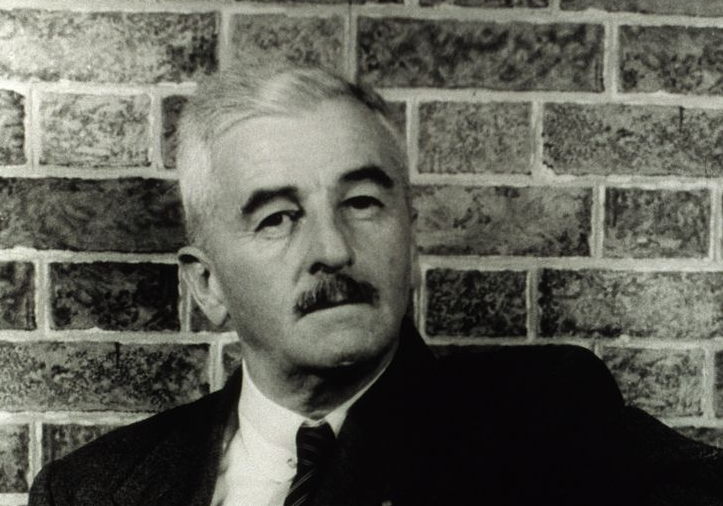A hundred years ago, the organizers of the Tour de France took riders high into mountains for the very first time. And, from there, the mystique of the Tour de France grew and grew. To commemorate this occasion, a group of modern day riders retraced the same route through the Pyrenees, which includes some legendary climbs: the Col de Peyresourde, the Col d’Aspin, the Col du Tourmalet, the Col du Soulor, etc. The weather conditions are slightly tough for these riders, but their bikes are light and modern, and the gearing much more forgiving than what their forebears had. Meanwhile the film documenting their ride is a pleasure to watch. The runtime is about 15 minutes.
via @vimeo


